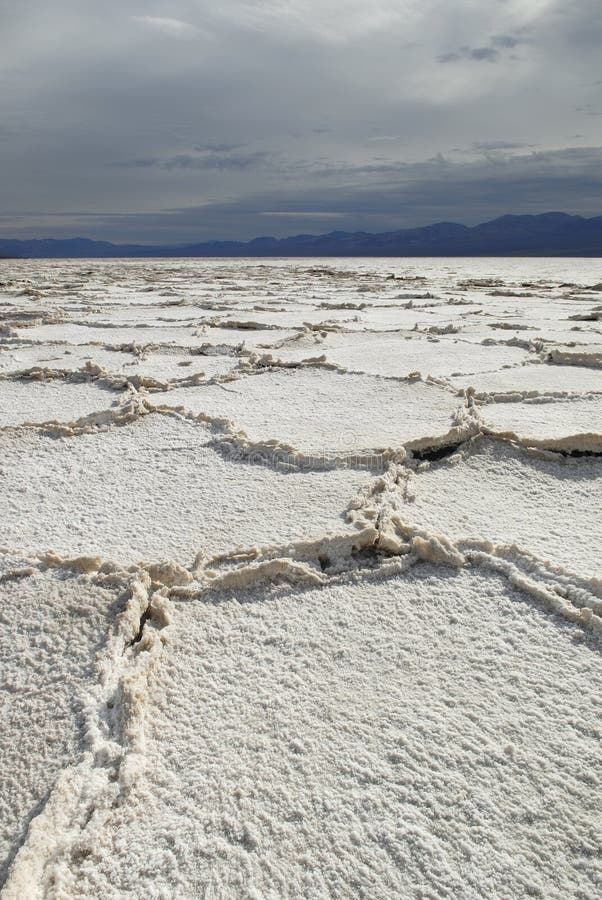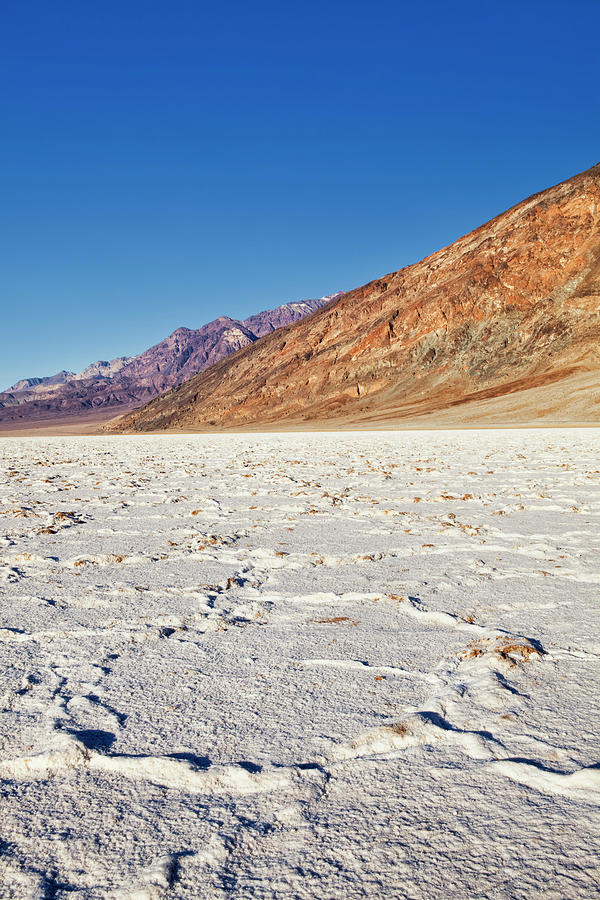

We are making the observation that the rate of decline if it continues is enough to deplete the remaining water in the lake." If the lake stays on that path, its food webs will collapse and "the lake as we know it will be gone," Abbott said. "We’re not making a prediction that five years from now there will be no water. The remaining water could be gone in about five years if the lake keeps drying at its current rate, the report says. "It’s a terrifying prospect.” Will there be any water left the Great Salt Lake in 5 years? If the rate of decline continues, the lake's remaining water could be depleted, he said. Today it’s at 19%, 5½ times saltier than the ocean. Salinity historically averaged 10% to 15%, Abbott said.

Unsustainable water use dries out the habitat, exposes toxic dust and drives salinity higher and higher.

"At 19 feet below the average level the lake has maintained since 1850, the lake is in uncharted territory," the report says. “We’re at a point where more than half the lake bed is exposed,” Abbott said. The lake is so low that one measuring gauge has been out of use since September. In 2021, the lake reached its smallest point ever, 941 square miles, down from a peak of about 2,400 square miles in 1986-1987, according to the U.S. Politicians, residents, farmers and industry have made great strides in recent years, he said, but “extraordinary, emergency measures” are needed to be better stewards. READ MORE: Latest climate change news from USA TODAY How does climate change affect you? Subscribe to the weekly Climate Point newsletter Without an urgent and dramatic increase in water flow, "the lake as we know it is on track to disappear in five years," says the report, led by Benjamin Abbott, a professor of ecosystem ecology at Brigham Young University.ĭecades of overconsumption of water throughout the region and a megadrought made worse by climate change threaten to further shrink the lake and cause great harm to the region’s public health, environment and economy, Abbott told USA TODAY. Scholars and conservationists released a briefing this week urging emergency water saving measures to prevent the looming collapse of Utah's Great Salt Lake.

Watch Video: Historic drought conditions affect Utah's Great Salt Lake water levels


 0 kommentar(er)
0 kommentar(er)
